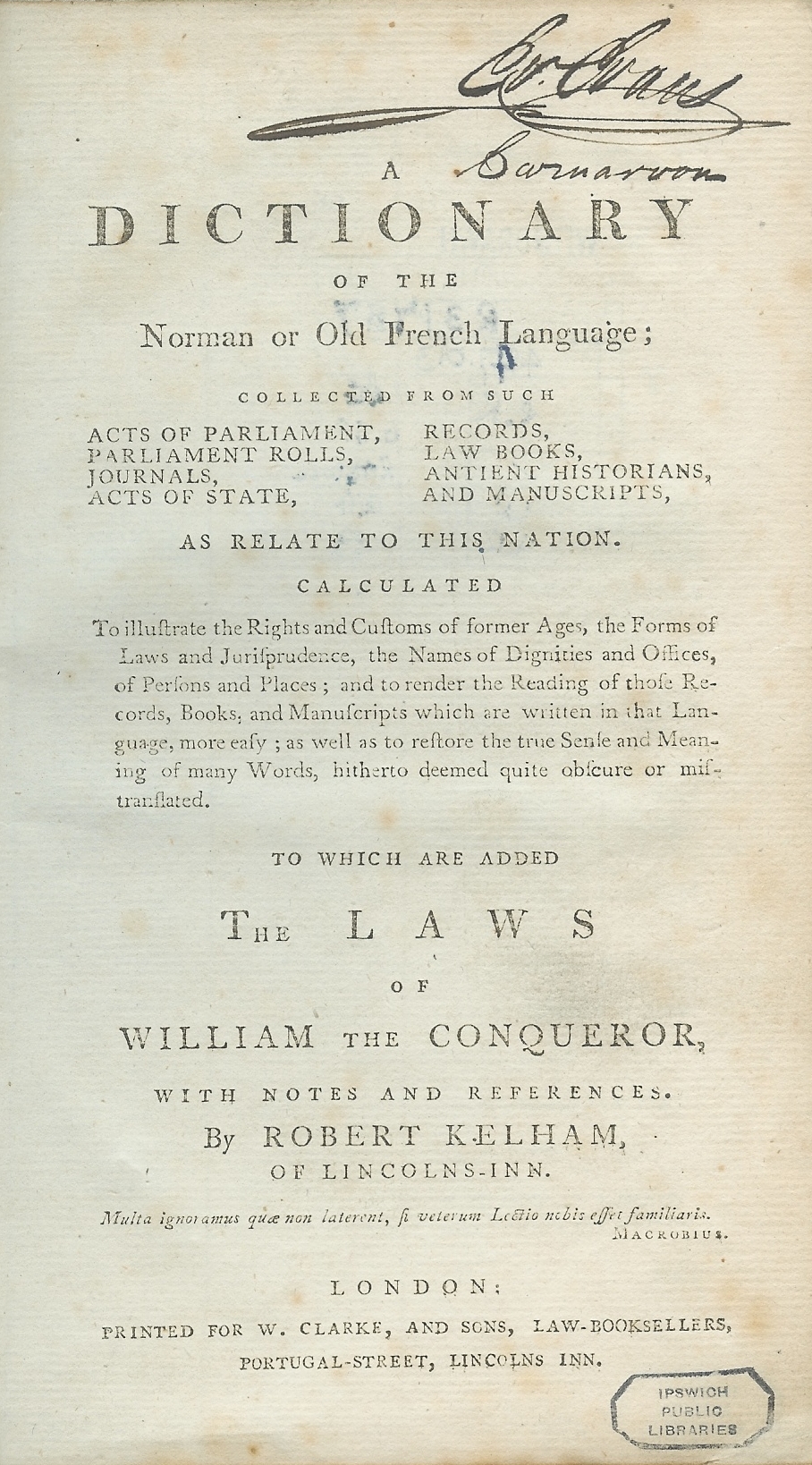|
Double Jeopardy
In jurisprudence, double jeopardy is a procedural defence (primarily in common law jurisdictions) that prevents an accused person from being tried again on the same (or similar) charges following an acquittal or conviction and in rare cases prosecutorial and/or judge misconduct in the same jurisdiction. Double jeopardy is a common concept in criminal law – in civil law, a similar concept is that of . The double jeopardy protection in criminal prosecutions bars only an identical prosecution for the same offence; however, a different offence may be charged on identical evidence at a second trial. ''Res judicata'' protection is stronger – it precludes any causes of action or claims that arise from a previously litigated subject matter. A variation in common law countries is the peremptory plea, which may take the specific forms of ('previously acquitted') or ('previously convicted'). These doctrines appear to have originated in ancient Roman law, in the broader princip ... [...More Info...] [...Related Items...] OR: [Wikipedia] [Google] [Baidu] [Amazon] |
Peremptory Plea
In common law systems, the peremptory pleas (pleas in bar) are defensive pleas that set out special reasons for which a trial cannot proceed; they serve to bar the case entirely. Pleas in bar may be used in civil or criminal cases; they address the substantial merits of the case. Criminal In a criminal case, the peremptory pleas are the plea of ''autrefois convict'', the plea of ''autrefois acquit'', and the plea of pardon. The former two refer to cases of double jeopardy. A plea of "''autrefois convict''" ( Law French for "previously convicted") is one in which the defendant claims to have been previously convicted of the same offense and that he or she therefore cannot be tried for it again.Rogers v The Queen (1994) In the instance where a defendant has been summoned to both criminal and civil proceedings, a plea of ''autrefois convict'' is essentially an application to 'merge' proceedings, giving rise to '' res judicata'' or a cause of action estoppel in civil proceedin ... [...More Info...] [...Related Items...] OR: [Wikipedia] [Google] [Baidu] [Amazon] |
Jurisprudence
Jurisprudence, also known as theory of law or philosophy of law, is the examination in a general perspective of what law is and what it ought to be. It investigates issues such as the definition of law; legal validity; legal norms and values; and the relationship between law and other fields of study, including Law and economics, economics, Applied ethics, ethics, Legal history, history, Sociology of law, sociology, and political philosophy. Modern jurisprudence began in the 18th century and was based on the first principles of natural law, Civil law (legal system), civil law, and the law of nations. Contemporary philosophy of law addresses problems internal to law and legal systems and problems of law as a social institution that relates to the larger political and social context in which it exists. Jurisprudence can be divided into categories both by the type of question scholars seek to answer and by the theories of jurisprudence, or schools of thought, regarding how those ... [...More Info...] [...Related Items...] OR: [Wikipedia] [Google] [Baidu] [Amazon] |
Law French
Law French () is an archaic language originally based on Anglo-Norman, but increasingly influenced by Parisian French and, later, English. It was used in the law courts of England from the 13th century. Its use continued for several centuries in the courts of England and Wales and Ireland. Although Law French as a narrative legal language is obsolete, many individual Law French terms continue to be used by lawyers and judges in common law jurisdictions. History The earliest known documents in which 'French', i.e. Anglo-Norman, is used for discourse on English law date from the third quarter of the thirteenth century, and include two particular documents. The first is the 1258 '' Provisions of Oxford'', consisting of the terms of oaths sworn by the 24 magnates appointed to rectify abuses in the rule of King Henry III, together with summaries of their rulings. The second is the ''Casus Placitorum'' (), a collection of legal maxims, rules and brief narratives of cases. In t ... [...More Info...] [...Related Items...] OR: [Wikipedia] [Google] [Baidu] [Amazon] |
Perjury
Perjury (also known as forswearing) is the intentional act of swearing a false oath or falsifying an affirmation to tell the truth, whether spoken or in writing, concerning matters material to an official proceeding."Perjury The act or an instance of a person’s deliberately making material false or misleading statements while under oath. – Also termed false swearing; false oath; (archaically forswearing." Like most other crimes in the common law system, to be convicted of perjury one must have had the ''intention'' (''mens rea'') to commit the act and have ''actually committed'' the act (''actus reus''). Further, statements that ''are facts'' cannot be considered perjury, even if they might arguably constitute an omission, and it is not perjury to lie about matters that are immaterial to the legal proceeding. Statements that entail an ''interpretation'' of fact are not perjury because people often draw inaccurate conclusions unwittingly or make honest mistakes without the ... [...More Info...] [...Related Items...] OR: [Wikipedia] [Google] [Baidu] [Amazon] |
